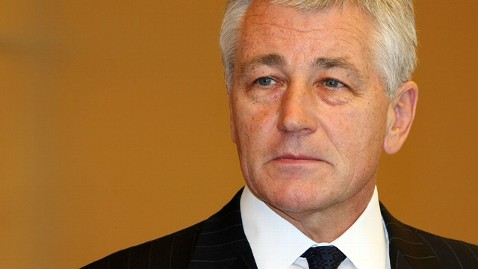But across India, its forensic labs are so inept that they seldom help the cause of fair probe. Take rape trials, for instance. Experts say these should not take more than 15-20 days. However, what happens usually is that just to collate the victims' medical reports it takes months, if not years. For, every such lab in India — whether in Chennai or Chandigarh, Kolkata or Delhi — is hamstrung by a lack of resources, trained staff and technical knowledge.
Just for the record, India has four central forensic labs (Hyderabad, Kolkata, Chandigarh and Delhi) and some 25 state ones. The story, though, is the same in each one of these. Mumbai is a case in point. The state, grappling with rising crime and a poor conviction rate, has between its six state-run labs, roughly 30,000 pending cases. More than 3,840 cases pertain to sexual assault on women.
Vacancy continues to be a huge problem. Kolkata, with a staggering backlog of 9,000 cases, has nearly 30% empty seats to fill up. More than 2,336 rape cases are pending, some for 26 months. In Chandigarh, at its Central Forensic Science Laboratory, the figure is 55%. Lab director S K Shukla says he needs around 80 personnel immediately. Down south, the Chennai lab has more than 600 pending cases. Natural, considering that out of the sanctioned strength of 130, only 90 are available.
Compounding the problem is a chronic absence of infrastructure. "We can't even handle 50 cases daily," admits an official. Coupled with this is the lack of knowledge about how to handle these samples. In some rape cases, hospitals need to dry the samples at room temperature so that they can be preserved for weeks. But liquid samples are sent, leading to contamination, says the official.
All is not lost, though. Ahmedabad's DFS (Directorate of Forensic Sciences) stands out in this sea of ineptitude. Besides handling some 3.5 lakh cases annually, it also helps out in nearly 900 cases from other states and central agencies, and earned Rs 1.38 crore in 2012 in this fashion. It has, after all, an integrated ballistics indentification system, suspect detection system and cyber and wildlife forensics and was instrumental in solving the Nithari murders, Telgi scam and Gir lion poaching cases.
JM Vyas, director general of the Ahmedabad lab, says, "We have no pending cases above one month. Cases such as rape, assault and murder are given priority. However, viscera samples take two to three months due to chemical process."
Though appointment at senior levels has not been done in a decade, the establishment of Gujarat Forensic Sciences University is expected to infuse fresh blood to fill 15% vacancies.
Other states should take a leaf out of Ahmedabad's book. The lives of countless rape victims depend on it.
Reports by Sumitra Deb Roy in Mumbai; Krishnendu Bandyopadhyay in Kolkata; A Selvaraj in Chennai; Umesh Isalkar in Pune, and Parth Shastri in Ahmedabad










